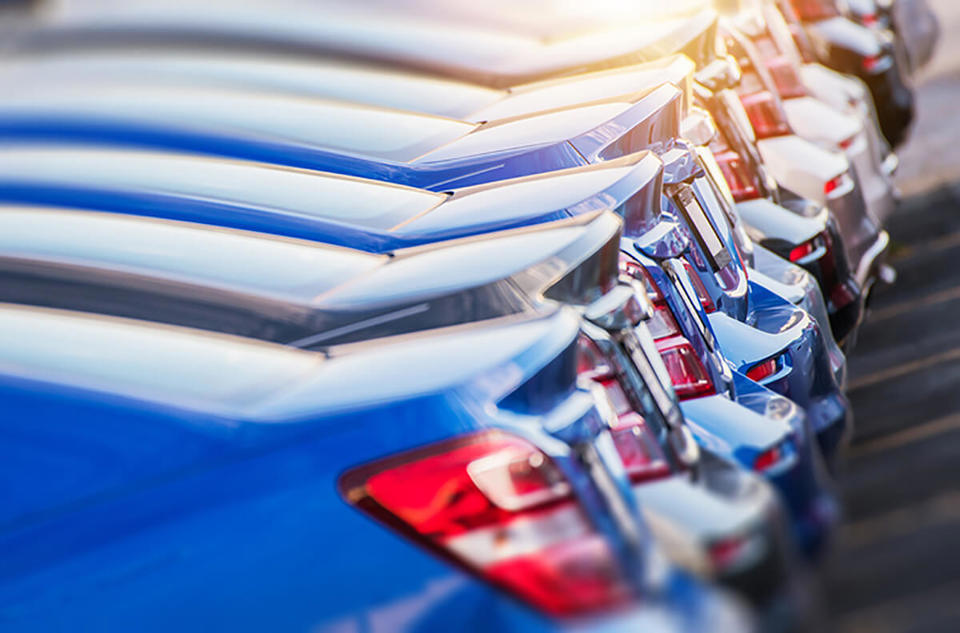Outright Purchase
Outright purchase - or buying vehicles - remains a popular choice amongst smaller companies, but there are associated risks.
If a company purchases its own vehicles, it becomes responsible for maintenance, repairs, insurance and disposal, explains George Tonks, a partner in the specialist leasing and finance consultancy Invigors.
It is also exposed to all the management issues of running the car and any changes in value at the time of disposal.
“In accounting terms, the car will be a fixed asset on the balance sheet,” adds Tonks.
“To buy the car the employer will need to have available funds, either using its own resources or borrowing, and any borrowings associated with financing the car will also be on the balance sheet.”
For tax purposes the employer will be the owner and so entitled to capital allowances, which are dependent on CO2 emissions.
- Pros: greater flexibility; no fixed term/termination/end of lease charges; company owned asset; and potential discounts available from dealers.
- Cons: residual value risk; and responsible for service, maintenance and repair.













Login to comment
Comments
No comments have been made yet.